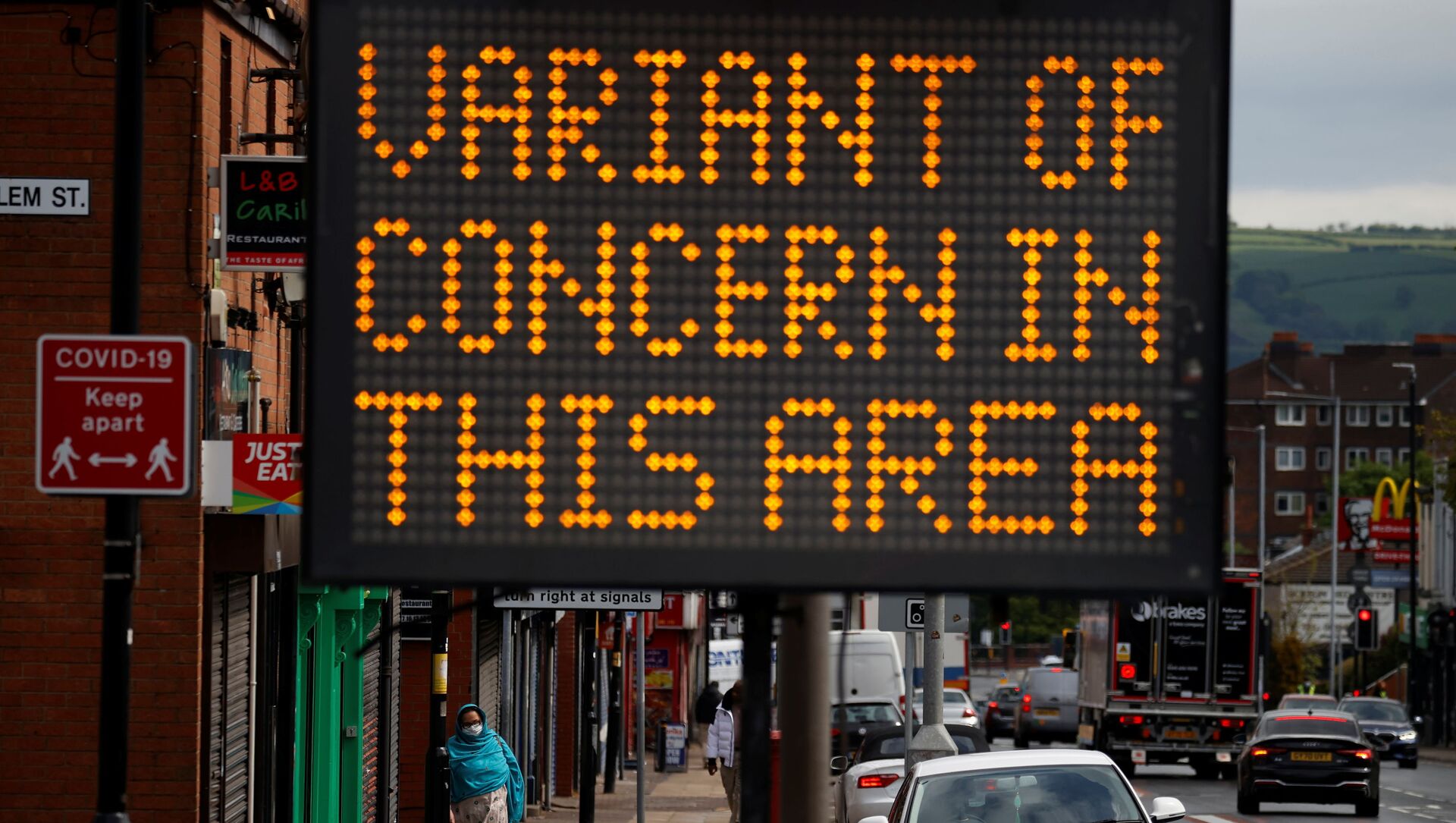British prime minister Boris Johnson has urged people not to travel to or from two "hotspots" where the Indian variant of COVID-19 is rampant.
Bolton, near Manchester, and nearby Blackburn, have seen a big uptick in Indian variant cases.
Last week Bolton recorded 451 overall cases per 100,000 people, the highest in England.
Downing Street has also urged people in Leicester, Burnley, Kirklees, Bedford, North Tyneside and the London Borough of Hounslow to avoid meeting indoors but it has transpired that the advice was only published online, on Friday 21 May.
Eight Indian variant hotspots across England - including Bolton, Leicester, Hounslow & North Tyneside - were warned *four* days ago against travel in/out their areas - but the Government apparently forgot to tell them. 😬 https://t.co/e1J9g1sFJE
— Pippa Crerar (@PippaCrerar) May 25, 2021
The leader of the opposition Labour Party, Sir Keir Starmer, tweeted: "Making a major change that will impact so many people without even telling them is utterly shameful."
He said the government needed to “provide clarity” quickly and added: “Local lockdowns are the wrong approach for both public health and local economies.”
Despite Indian Variant slowly replacing Kent - and Germany banning Brits - the ZOE app which logs symptomatic PCR disease is not showing any change in figures for last two weeks (still low at 2000-3000 cases/d) or signs it is spreading beyond the hotspots nationally. So good news pic.twitter.com/1uNkm8fzhD
— Tim Spector (@timspector) May 24, 2021
Meanwhile Austria is banning British tourists because of the fear they will bring the Indian variant.
Britain has been added to Austria's list of "virus variant states," which includes India, Brazil and South Africa.
Scientists do not if the Indian variant is more resistant to vaccines but it is believed to be easier to transmit.
Meanwhile, cases in secondary school age children in Bolton are sky high.
— Prof. Christina Pagel (@chrischirp) May 24, 2021
There is surge testing going in Bolton schools which will find more cases - but the point is that there are many cases to find. Over 1% of 10-14 year olds tested positive last week. And the week before. pic.twitter.com/I7KLBvzqGP
Dr Jeremy Kamil, a virologist at Louisiana State University, told the BBC: "I doubt whether the Indian variant is more infectious than the UK variant - and we must not panic.”
Around two-thirds of people in Britain have received at least one dose of a COVID-19 vaccine.


